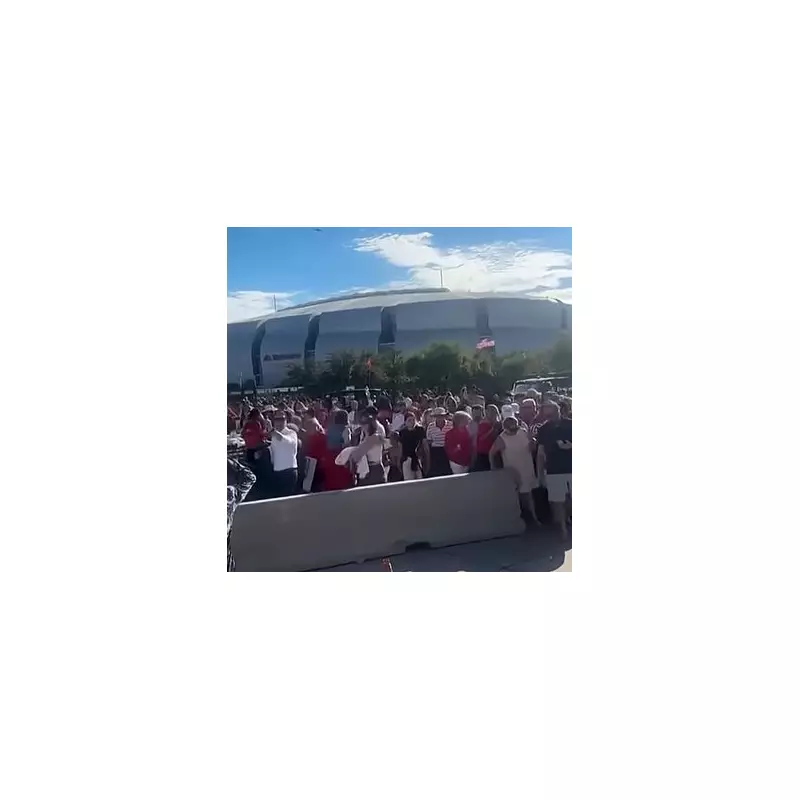
Former US President Donald Trump has ignited a firestorm of criticism following a rally in New Hampshire where he deployed shockingly divisive rhetoric, describing his political opponents as 'vermin'. The inflammatory language has drawn immediate comparisons to the dehumanising tactics employed by history's most notorious dictators.
Dehumanising Language Sparks Alarm
Addressing a fervent crowd, Trump declared: "We pledge to you that we will root out the communists, Marxists, fascists and the radical left thugs that live like vermin within the confines of our country." This choice of language, particularly the word 'vermin', has been widely condemned by historians and political analysts as crossing a dangerous line in political discourse.
Presidential historian Michael Beschloss responded forcefully on social media, stating: "No American president until now has ever talked like that." The comparison to historical fascist regimes was immediate and stark.
Echoes of Darkest Histories
The Mirror's analysis reveals disturbing parallels between Trump's language and that used by Nazi propaganda against Jewish people during the 1930s and 1940s. The term 'vermin' featured prominently in Hitler's Mein Kampf and was systematically used to dehumanise targeted groups before their persecution.
This isn't the first time Trump has employed such rhetoric. During Veterans Day remarks, he claimed opponents were 'threatening the very existence of our country itself,' framing the political divide in existential terms that critics argue could incite violence.
Growing Concerns Over Political Violence
The alarming rhetoric comes amidst increasing concerns about political violence in the United States. Trump's persistent claims of a 'stolen' 2020 election, despite all evidence to the contrary, have created a volatile environment where many fear such language could inspire real-world violence.
Political analysts note that dehumanising language often precedes actual violence against targeted groups, making Trump's word choice particularly concerning in today's polarized climate.
International Reaction and Implications
The international community is watching these developments with growing concern. Such rhetoric from a leading presidential candidate challenges democratic norms and could have significant implications for America's global standing and diplomatic relationships.
As the 2024 election approaches, many are questioning how this type of language will influence the political landscape and whether it represents a permanent shift in American political discourse.





